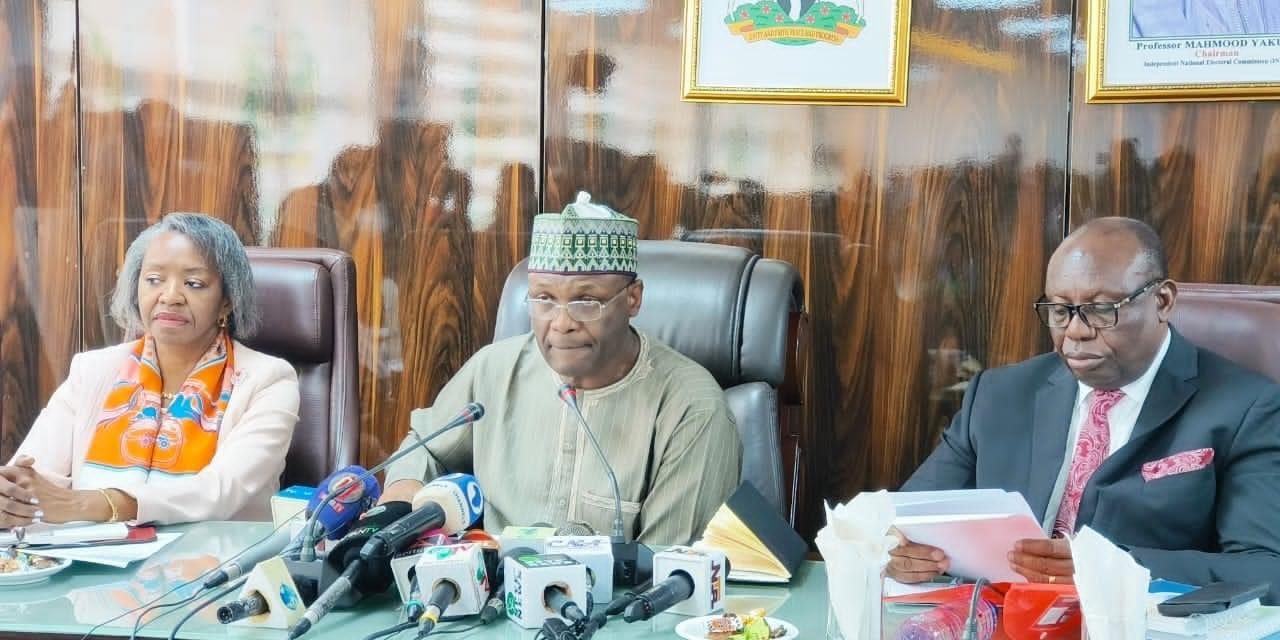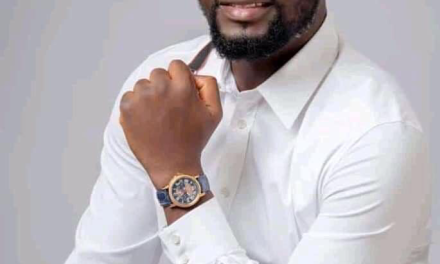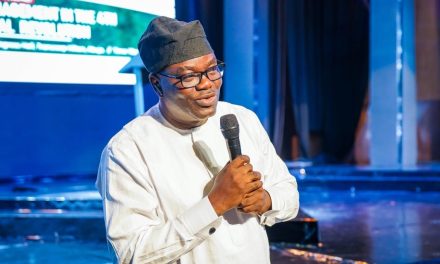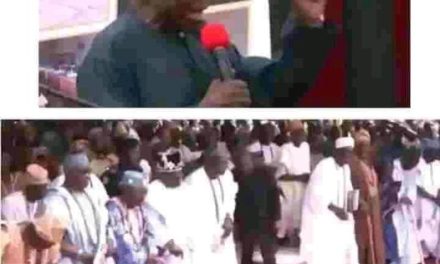The Hon. Chairman INEC, Prof. Mahmood Yakubu and Members of the Commission in a Meeting with Civil Society Organisations (CSOs) on the review of the 2023 General Election at the Commission’s conference room, Abuja.
1. I am delighted to welcome you all to this meeting. Unlike previous regular engagements, this meeting is intended to focus more on the 2023 General Election by way of introspection, stocktaking, review and evaluation. This is one of the best ways to continue to improve the electoral process. As I said on several occasions, since we commenced the review meetings three weeks ago, the Commission welcomes diverse opinions about the election insofar as their purpose is to improve the future conduct of elections and to consolidate our democracy.
2. Since the 2019 General Election, we have worked together with the National Assembly, civil society organisations and other stakeholders for the improvement of the electoral process. We were meticulous in our preparations for the election and there have been many positive developments in this regard. One area is the repeal and re-enactment of the Electoral Act 2010 into the Electoral Act 2022. The new law provides a period of 180 days for political parties to conclude their primaries and submit the names of candidates and the political parties took advantage of it for the 2023 General Election. This enabled the Commission to commence the process of producing the sensitive materials for the election in good time. I am glad to report that the printing of all sensitive and non-sensitive materials for the 2023 General Election was entirely done in Nigeria. This is the first time in 44 years since the transition to democratic rule in 1979 that this great step was taken and achieved, in spite of the record number of 93.4 million registered voters and over five hundred million ballot papers, result sheets and other documents for the five categories of the main elections and supplementary polls. For this reason, the 2023 General Election was held as scheduled for the first time in the last four electoral cycles without a postponement arising from the non-arrival of materials.
3. Furthermore, we were also able to expand voter access to polling units for the first time since the initial delimitation exercise in 1996. Similarly, we introduced many technology-based innovations, including the physical registration and online pre-registration of voters using the INEC Voter Enrollment Device (IVED, the various portals for the nomination of candidates, party agents and the accreditation of observers and the media. We also collected and published data on the distribution of voters not only by age and occupation but also by disability. Within the limits of available resources, we also tried to provide such inclusivity materials as braille jackets and magnifying glasses for some categories of voters with disabilities.
4. Nevertheless, as you are aware, there were many challenges encountered before and during the elections. The severe cash and fuel situations were compounded by the perennial insecurity nationwide. Their impact on our deployment plans, compounded by the behaviour of some of our own officials in the field, made logistics management particularly challenging. The deployment of thugs by some political actors made election day administration difficult in a number of places.While voter accreditation using the Bimodal Voter Accreditation System (BVAS) was very successful, the uploading of results to the INEC Result Viewing Portal (IReV), especially for the presidential election, encountered a glitch as explained in our statement released by the Commission on 26th February 2023. The Commission is aware that this matter is currently the subject of litigation and would reserve its comments for now. Nevertheless, the performance of the technology deployed for the election is part of the ongoing review of the 2023 General Election. It will form an integral part of the comprehensive report that will serve as a basis for further engagement with stakeholders focusing on specific actions necessary for the improvement of future elections and electoral activities in Nigeria.
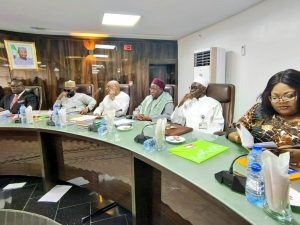
5. On this note, it is appropriate for the Commission to express its appreciation to civil society organisations and development partners for their enormous support to the Commission during the 2023 General Election. This came in the form of technical advice, civic and voter education, organisation of meetings and capacity-building workshops, as well as the publication of documents.
6. However, it is necessary to seize this opportunity to correct the impression in some sections of the public that the Commission received huge sums of money from development partners for the election. On the contrary, and for the avoidance of doubt, the Commission did not receive any direct funding or cash support from international development partners. Rather, their support was totally indirect through civil society organisations and implementing partners working on elections. Indeed, it has been a longstanding policy of the present Commission not to receive direct funding and cash transfers from sources other than the Federal Government of Nigeria. We hope that we shall continue to have this type of productive partnership with civil society and development partners in the future.
7. It is in furtherance of this partnership that the Commission accredits observers because the feedback we receive, and their actionable recommendations have been very helpful to the electoral process. For the 2023 General Election, the Commission received 538 requests (504 domestic and 34 foreign) for accreditation as observers. After a thorough evaluation of the requests, only 228 groups (190 domestic and 38 foreign) met the requirements for accreditation. However, so far, only 67 observer groups (62 domestic and five foreign) have so far submitted their observation reports which represents just about 30% of the accredited groups for the election. We urge all accredited observer groups that are yet to submit their reports to do so in earnest.
8. In addition to the review of the last general election, the Commission would like to share with you our plans for the upcoming bye-elections and preparations for the off-cycle Governorship elections in Bayelsa, Imo and Kogi States scheduled for Saturday 11th November 2023.
9. Once again, it is my pleasure to welcome you all to this meeting and we look forward to a robust engagement.
10. I thank you and God bless

